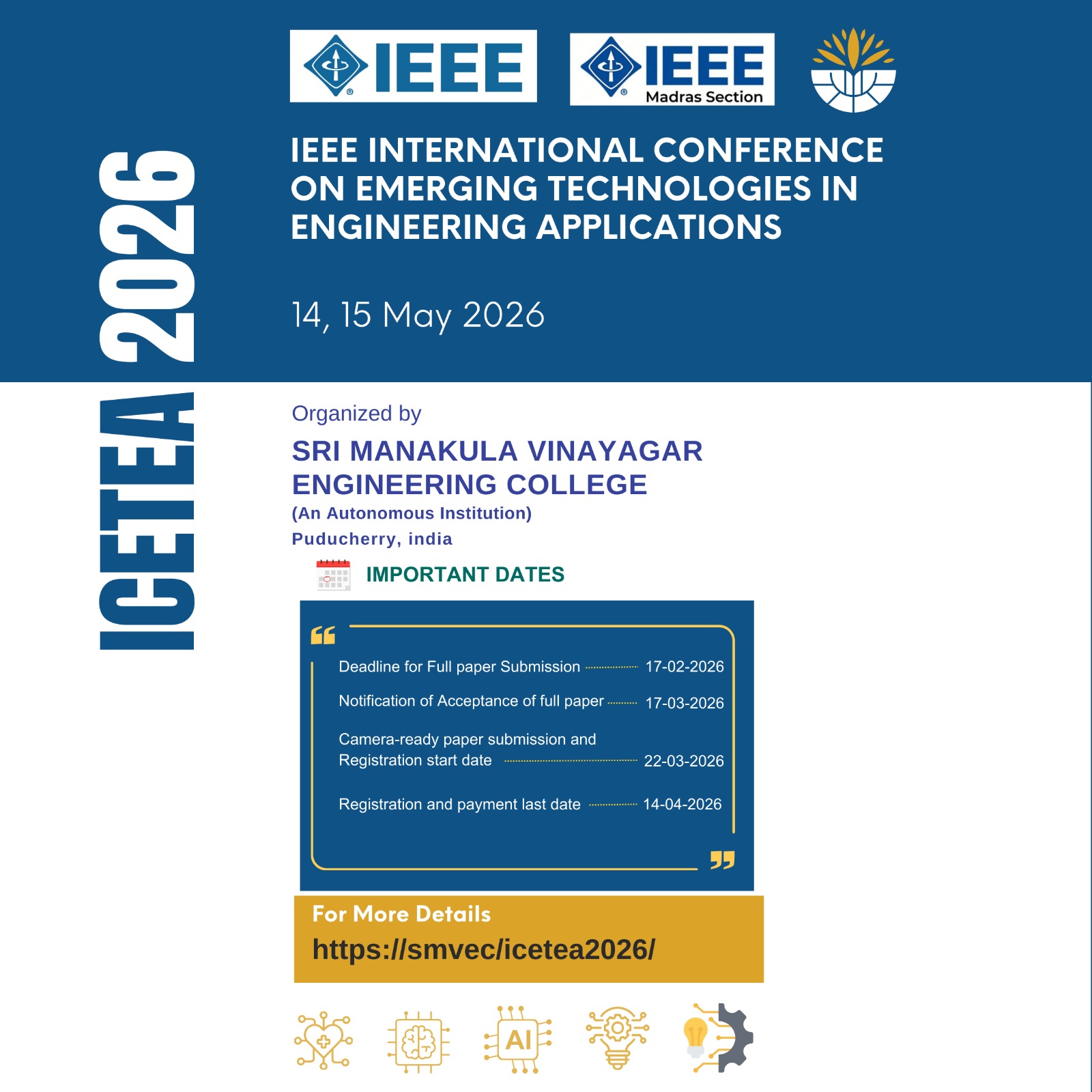There is a high demand for electronics and communication engineering (ECE), which is significant for technologically advanced industries. Moreover, I have a high pay scale, a good career perspective, and flexible jobs. In this blog, we will discuss why choose electronics and communication engineering is a smart decision for any upcoming engineer.
Why Choose electronics and communication engineering as a career?
As we live in the modern tech era of information technology, there is a vast demand for skilled professionals in electronics and communication engineering for every sector. The flexibility of industries that ECE opens to graduates includes telecommunications, transportation operators, robotics, healthcare, automotive, and a wide range of industries, hence making the careers’ options numerous.
The work is intense and competitive, and innovation is always encouraged, making the field perfect for those willing to change the world through ECE technology.
If you want to choose electronics and communication engineering as your career, here are certain things you should explore in this field. It is important for you to know its scope, trends happening now, and where the future of this profession lies.
Top Domains in Electronics and Communication Engineering:
In ECE, engineers have multiple career options, including software development, hardware development, electronics product manufacturing, and the core electrical field, among others.
- Telecommunications: Design and develop communication systems that connect the world.
- Embedded Systems: Work on microcontrollers and systems used in a variety of applications, from household appliances to industrial machines.
- Robotics and Automation: Design and implement intelligent systems that automate processes across industries.
- Healthcare Technology: Develop medical devices and systems that enhance patient care and healthcare delivery.
- Software Development: With mobile applications and web services in such high demand, software development is a vital part of electronics and communication engineering. An engineer in this field designs develops, and maintains software solutions that improve user experiences.
- AI/ML: AI and machine learning are automating processes and improving decisions in all industries. Engineers in this field are typically working to create self-learning and evolving systems.
Top 10 benefits of choosing electronics and communication engineering as a career
- High demand: strong job market with numerous opportunities.
- Innovation: Getting to work on the latest technology
- Creative work: Opportunities for creativity in problem-solving and design
- Networking: Access to a large professional network in the electronics industry.
- Start-up ideas: It is possible to start your own electrical and electronics products firm.
- Continuous learning: Always upskill your learning
- Global Opportunities: Job Openings Worldwide
- Problem-solving skills: Develop strong analytical skills.
- Career growth: Clear career progression and advancement
- Job security: Stable due to technology becoming more integral to everyday life, ECE professionals have stable job prospects.
Current Trends in Electronics and Communication Engineering (ECE)
Anyone who is prepared to make a career in electronics and communication engineering should keep an eye on the latest trends and technology.
3 Significant Influences on How This Environment Is Evolving
- Optical Communication: Optical fibre communication is gradually changing to meet the new challenge of higher bandwidth and high data transfer rates. This technology is very popular in the telecommunications and data centres industries, and ECE engineers help to enhance its usage.
- Wearable Electronics: Smart wearables, such as fitness trackers and smartwatches, have presented a new dimension of innovation, thus providing engineers in ECE with fresh grounds for development in minimalist, power-effective, and power-sparing circuits.
- 5G and Beyond: The advancement and deployment of the 5G technology are bringing significant changes in the telecommunications sector that will facilitate increased speed of data transfer, reduced delay, and best connectivity for devices. It is also good to note that engineers are equally working on the possibility of 6 G technology.
How does SMVEC Support ECE?
Sri Manakula Vinayagar Engineering College, the Department of Electronics and Communication Engineering, is focused on empowering our students by training them in relevant skills. This is how SMVEC helps its students: –
- Comprehensive Curriculum: The curriculum aims to provide students with the foundational knowledge they need to branch out and teach the latest trends and technologies.
- Hands-On Experience: SMVEC focuses on a learning-by-doing approach, offering practical exposure through labs, projects, and internships, which allows students to implement their theoretical knowledge in the real world.
- Skill Enhancement Programs: SMVEC organises programs like soft skills training, control systems, microprocessors, coding, and the latest technologies to train them for the job market.
- Outstanding Placement Support: The placement cell at SMVEC endeavours to channel students towards the best organisations, thus ensuring them the best job after course completion.
Conclusion
Choosing electronics and communication engineering as a career opens the door to a world of opportunities, innovation, and growth. With its expanding scope, current trends, and future, this field is an excellent choice for aspiring engineers. Institutions like Sri Manakula Vinayagar Engineering College play a vital role in preparing students for success in this dynamic industry, as well as training them with the skills and knowledge needed to thrive.
By pursuing a degree in Electronics and Communication Engineering, you are not only investing in your future but also becoming part of a field that is shaping the world.
Also, get frequent updates from the SMVEC Instagram page
Frequently Asked Questions (FAQs)
1. What is after a B.E. in Electronics and Communication Engineering?
Graduates can start careers in software development, telecommunications, embedded systems, robotics, and healthcare technology, among many other fields.
2. Does the Electronics and Communication Engineer career only require electronics and circuit design skills?
Electronics is just one part of the design process; other things like problem-solving, analytics, and software are important.
3. Are job opportunities in electronics and communication engineering based on practical experience?
Hands-on practice, internships, and projects are extremely conducive to job placement, as they reflect the implementational aspects of classroom learning.
4. Are there opportunities for further studies after a degree in Electronics and Communication Engineering?
Yes, graduates can pursue higher studies, such as a Master’s degree or specialised certifications in areas like telecom, artificial intelligence, or electronics device implementation.
5. What Is The Best Way Of Keeping Yourself Updated With Technology Trends In Electronics and Communication Engineering?
This may require completing online courses, attending workshops, or reading the latest news in the field.




